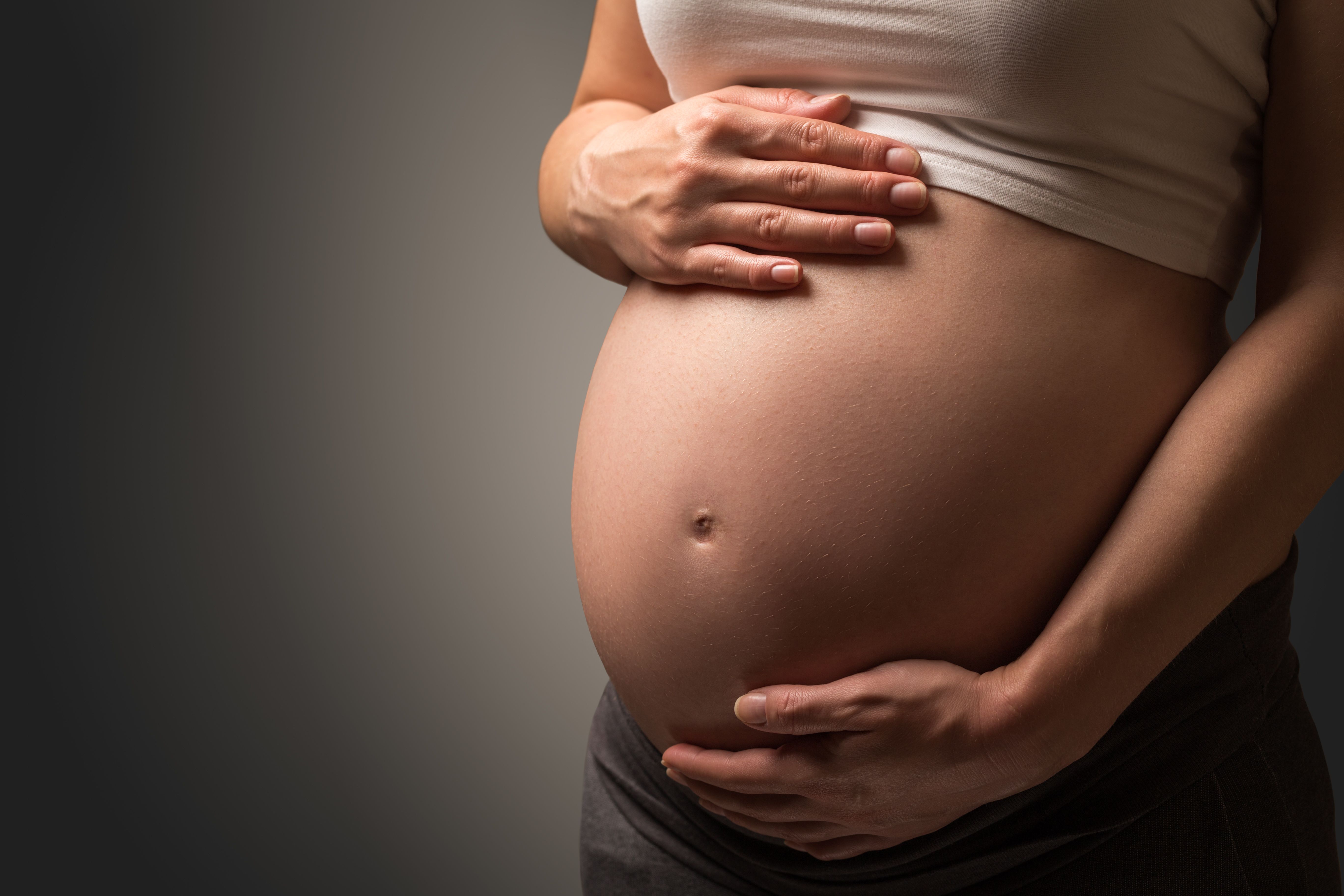Abnormal Maternal Thyroid Levels Can Predict Risk of Behavioral Problems in Children
An analysis of data from 1860 mother-child pairs suggests presence of abnormal maternal thyroid hormone levels could help in the prediction of behavioral and emotional health problems in male offspring at 4 years of age.

Abnormal thyroid hormone levels during pregnancy could increase the risk of behavioral and emotional problems among boys during preschool years, according to a new study.
Results of the study indicate increased thyroid hormone levels during pregnancy were associated with a more than 2-fold increase in odds of multiple emotional or behavior problems in male offspring at 4 years of age while moderate to low thyroid hormone levels were associated with a more than 3-fold increase in odds of aggressive behavior.
“Our findings highlight the significance of close monitoring and management of maternal thyroid function during pregnancy,” said Kun Huang, PhD, of the Anhui Medical University in Anhui, China, in a statement. “This research presents a new perspective in early intervention of children's emotional and behavioral problems.”
With previous data describing potential associations between thyroid-stimulating hormone (TSH) levels and free thyroxine (FT4) levels during pregnancy and development of behavior problems in offspring, Huang and a team of colleagues sought to assess whether maternal thyroid hormones could aid in prediction of emotional and behavioral problems. A total of 3474 pregnant women were recruited for inclusion in the original Ma’ Anshan Birth Cohort, which recruited pregnant women who had their first antenatal checkup in Ma’ Anshan Maternal and Child Health Hospital from May 2013-September 2014.
After exclusion of those with a personal or family history of thyroid diseases, twin pregnancies, those with adverse pregnancy outcomes, those with missing data on thyroid hormones from any trimester, and those with missing data on preschoolers’ behavioral development, 1860 mother-child pairs were identified for inclusion. Children born to women in the cohort were followed up at a mean age of 4 years. At this time, behavioral problems were assessed by the Achenbach Child Behavior Checklist, which was completed by their caregivers.
For the purpose of analysis, maternal TSH and FT4 levels were categorized into high, moderate, and low trajectories. Of note, 4.4% of women were considered to have high levels of TSH, 27.8% were considered to have moderate levels, and 67.8% were considered to have low levels. For FT4, 14.6% of women had a high level trajectory, 52.4% had a moderate level trajectory, and 33.0% had a low level trajectory.
In adjusted analyses, results suggested maternal high TSH trajectory was related to withdrawal (OR, 2.01; 95% CI, 1.16-3.50) and externalizing problems (OR, 2.69; 95% CI, 1.22-5.92) among boys. Additionally, results indicated moderate TSH trajectory was associated with aggressive behavior (OR, 3.76; 95% CI, 1.16-12.23).
Further analysis suggested maternal high FT4 trajectory was associated with increased odds of anxiety/depression (OR, 2.22; 95% CI, 1.08-4.56) and total problems (OR, 1.74; 95% CI, 1.13-2.66) while low FT4 trajectory was associated increased odds of aggressive behavior (OR, 4.17; 95% CI, 1.22-14.24). Investigators pointed out no significant associations between maternal thyroid hormone trajectories and preschoolers’ emotional and behavioral problems were observed in girls.
This study, “Sex-specific effect of maternal thyroid hormone trajectories on preschoolers’ behavioral development: a birth cohort study,” was published in the Journal of Clinical Endocrinology and Metabolism.